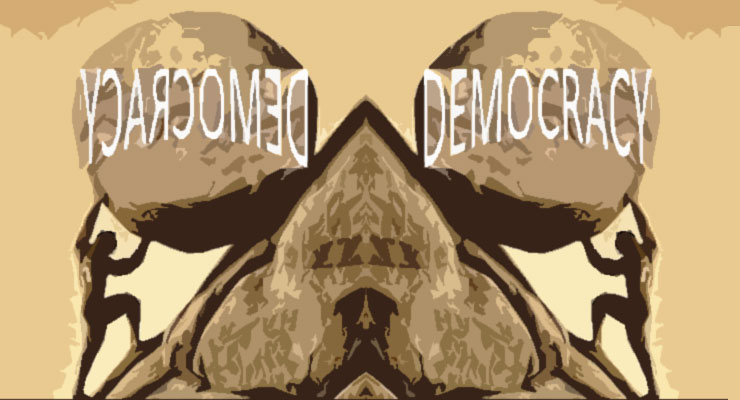
The latest news on this front comes from a really interesting article by Democracy Digest.
Why do some countries develop democracy and liberty while others fall prey to authoritarian rule or anarchy? If it is the case that “everywhere people are interested in liberty” what are the conditions required for freedom? When liberty feels threatened, how do we make it thrive?
“Getting to Denmark” is a widely used metaphor for the task of transforming countries into prosperous, stable, well-governed, law-abiding, democratic and free societies. In their latest book, MIT’s Daron Acemoglu and the University of Chicago’s James Robinson, authors of the highly influential Why Nations Fail, provide a framework in which to address the question of how to get there. Their simple answer is: it is hard. Their deep answer is: “Liberty originates from a delicate balance of power between state and society,” The FT’s Martin Wolf writes:
This book is more original and exciting than its predecessor. It has gone beyond the focus on institutions to one on how a state really works. It shows that getting to and sustaining a Shackled Leviathan is hard. It is easier to move from a Despotic Leviathan to an Absent or Paper Leviathan than to a Shackled one: Iraq is a recent example. When Saddam Hussein fell, the state disintegrated, albeit with US assistance. The book also raises big questions about the future. Its view, for example, is that China’s Despotic Leviathan will ultimately fail to move this country to the forefront of the world economy.
See full story here.
Leave a Reply